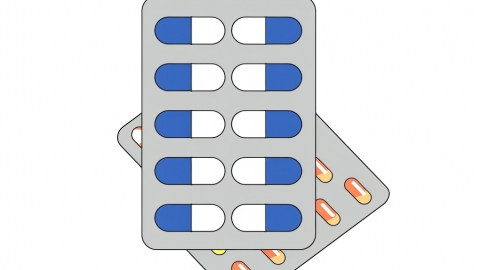Can I take blood sugar-lowering medication during diarrhea?
The symptoms during diarrhea are generally mild, with elevated blood glucose levels, and oral hypoglycemic agents are usually tolerable. If symptoms are severe, however, oral medications are typically not recommended. If discomfort occurs, it is advisable to seek prompt medical attention to clarify the situation and follow the healthcare provider's instructions for treatment, thus avoiding delays in care.

During episodes of diarrhea, if the patient's blood glucose remains elevated and the physician determines that continuing hypoglycemic medication is necessary for glucose control, taking oral hypoglycemic agents is generally acceptable. However, care should be taken to avoid medications that may exacerbate gastrointestinal symptoms. Diarrhea in patients with type 1 diabetes may be caused by high blood glucose levels, and in such cases, taking glucose-lowering medications may help reduce blood sugar levels.
If diarrhea leads to severe dehydration, the patient may need to temporarily adjust the dosage of hypoglycemic medications or even discontinue them to avoid the risk of hypoglycemia. In such cases, the patient should contact their physician immediately and make adjustments according to medical guidance. Certain glucose-lowering medications, such as GLP-1 receptor agonists, may increase the risk of gastrointestinal discomfort, including diarrhea. If diarrhea is caused by such medications and symptoms are severe, temporary discontinuation or dosage adjustment may be necessary.
During diarrhea, patients should closely monitor their blood glucose levels to allow timely adjustments to their glucose-lowering regimen. Since diarrhea can cause dehydration, patients should drink plenty of water to replace fluids and electrolytes lost by the body.






